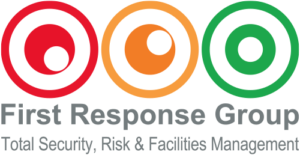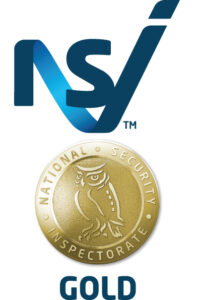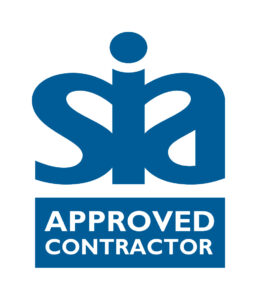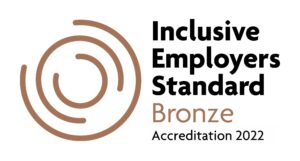Office security is all about protecting your assets. That can be people, equipment, stock, IT systems, documentation, cash or even information. Good security is vital to any professional and progressive organisation, because it not only protects the contents of the business, but ensures business continuity, avoids bad publicity and reduces your insurance premiums.
Investing in good office security is therefore cost effective and in some cases a legal requirement. Of course all organisations are different in their infrastructure and the nature of their operations, but there are key factors that are common to most businesses in terms of office security, and this is what we will look at here.
-
Alarm systems
Intruder alarms are clearly important in raising awareness of a security breach, but they can also act as a deterrent. Smart/wireless systems are now really easy to install and can be linked to central monitoring stations, to ground security personnel on site or even to the homes of important personnel or keyholders. Of course you should also have a good fire alarm system in place, as security issues don’t just come from physical breaches but from the threat of fire also.
-
CCTV
A professional CCTV system is another deterrent to security risks, and the advanced technology of systems now available means you can have instant access to security issues and vital evidence where necessary. The placement of cameras and the lighting of key, high risk locations on site is important, and of course, cameras can be mounted for both internal and external use, as office security breaches could quite easily be an ‘inside job’.
-
Laptop control
IT is vital to any working office and increasingly this involves smaller and more portable devices. As such these become quicker and easier items to steal, and a real target to opportunist thieves. You should therefore encourage employees to take devices attributed to them home or whenever they leave the office. In most cases this will happen as devices have become like having a mobile office. This can include laptops, tablets, phones, SatNav systems and any other portable electronic devices. If this isn’t always possible, you can secure laptops to desks with an internal lock, and certainly you should avoid such devices being left on view.
-
Secure internal systems
This can include having access control for assets such as documentation and cash on the premises, but it also means having security for non-physical assets. IT systems in offices are ripe for security breaches if you don’t have control systems in place. So you need password, key or combination number control for access to server rooms and IT systems generally, and you need to have robust systems in place for cybercrimes. This means you need internal procedures for anti-virus software, intellectual property, copyright protection, data protection and even to control storage devices such as external hard drives and USB sticks. You should have systems in place to control how people are able to save, store and share every type of information within the organisation.
-
Entry systems
It is common to have access control in an office building, and indeed it is a legal requirement for fire safety to know who is on site at any given time. So front of house services are one way of controlling this via a manned reception or security desk. But it is also possible to have unmanned systems whereby people ‘clock-in’ or sign in via a central portal. This then allows you visibility of who is or was on site at any specific time. In line with this, you should avoid methods through which people can bypass this and gain entry through a side door or fire exit. There should only be one route in and out of the office, and this can also be controlled via CCTV.
-
Manned security
In offices of high risk, perhaps where these are attached to warehouses or industrial premises, many organisations opt for 24/7 manned security. This can involve perimeter and whole-site patrols, but can also be customer-facing and involve front-of-house security as above, if there is only one route into and out of a building. Whatever the circumstances, there are professional and industry-approved and vetted personnel available to provide total office security and therefore, peace of mind.
For expert office security services contact First Response Group today.
Article By:










